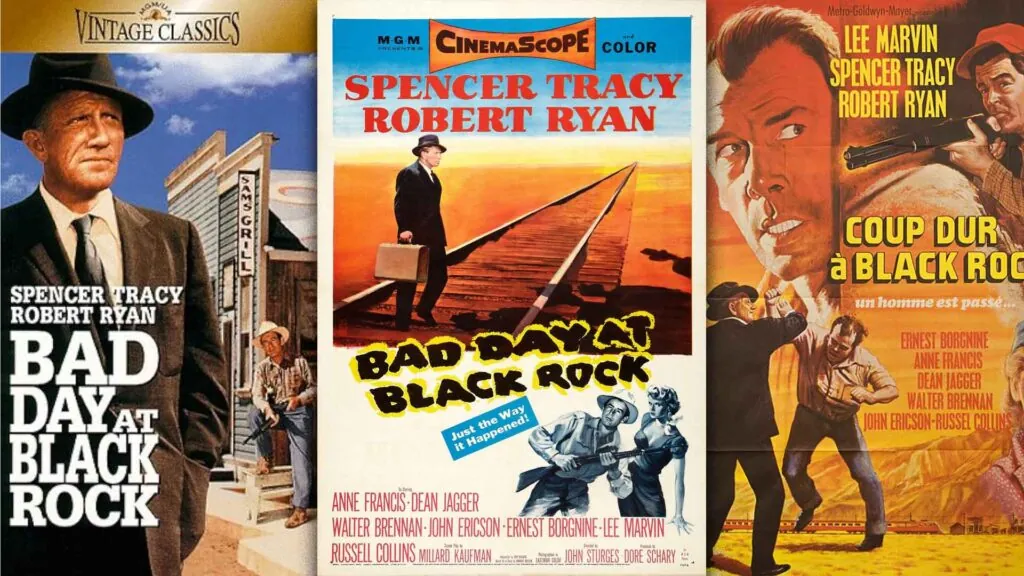In July, Josh Harris, the author of the 1990s Christian bestseller, I Kissed Dating Goodbye, declared he was kissing his wife and his God goodbye. He made the announcements on Instagram where, shortly thereafter, the former pastor shared a picture of himself as a participant in this year’s Vancouver Pride Parade.
In mid August another public figure used Instagram to announce a crisis of faith. One of Hillsong Church’s worship leaders, Marty Sampson, told his followers: “I’m genuinely losing my faith… and it doesn’t bother me…. I am so happy now, so at peace with the world.“ He then laid out some of the questions that had been troubling him:
“How many preachers fall? Many. No one talks about it. How many miracles happen. Not many. No one talks about it. Why is the Bible full of contradictions? No one talks about it. How can God be love yet send four billion people to a place, all ‘coz they don’t believe? No one talks about it. Christians can be the most judgmental people on the planet – they can also be some of the most beautiful and loving people. But it’s not for me.”
The post has since been deleted, and Sampson has since clarified that he hasn’t renounced God, but that his faith is on “incredibly shaky ground.”
This public apostasy of Josh Harris, and the equally public struggle of Marty Sampson were met by all sorts of reactions. Among the constructive ones, was a Facebook post by John Cooper, the leader singer of the Christian rock band Skillet who, while never mentioning either by name, was clearly writing about both Harris and Sampson. He began by questioning why Harris continues to act as a public figure:
“I am stunned that the seemingly most important thing for these leaders who have lost their faith is to make such a bold new stance. Basically saying, ‘I’ve been living and preaching boldly something for 20 years and led generations of people with my teachings and now I no longer believe it…therefore I’m going to boldly and loudly tell people it was all wrong while I boldly and loudly lead people in to my next truth.’ I’m perplexed why they aren’t embarrassed? Humbled? Ashamed, fearful, confused? Why be so eager to continue leading people when you clearly don’t know where you are headed?”
Then he addressed Sampson, not mentioning him by name, but responding to a question in Sampson’s post:
“…there is a common thread running through these leaders/influencers that basically says that ‘no one else is talking about the REAL stuff.’ This is just flatly false. I just read today in a renown worship leader’s statement, ‘How could a God of love send people to hell? No one talks about it.’ As if he is the first person to ask this? Brother, you are not that unique. The church has wrestled with this for 1500 years. Literally. Everybody talks about it. Children talk about it in Sunday school. There’s like a billion books written on the topic. Just because you don’t get the answer you want doesn’t mean that we are unwilling to wrestle with it. We wrestle with scripture until we are transformed by the renewing of our minds.”
Breakpoint Ministries’ John Stonestreet saw Sampson’s struggle as revealing “a failure on the part of the church to take the difficult but essential task of faith formation seriously enough.”
In his August 10 column, he noted that the faith Sampson felt himself falling away from was an emotion-driven, uncritical and uneducated faith that discouraged questions because it couldn’t stand up to them. But this is not Christianity. This is not the faith of David, or Habakkuk, or Solomon, who all came to God in despair, asking questions in doubt. God is not scared of our questions…though as we see with Job, He doesn’t always give us the exact answer we were asking for. But He invites inquiry – honest questions, not simply scoffing (Prov. 3:34) – because He wants us to love Him with not only our heart, but also our mind (Matt. 22:37).
So, as Stonestreet notes, it isn’t wrong to admit to doubt. But that a worship leader feels that no one is talking about these things reveals a congregation that isn’t interacting with the Psalms, or preaching on Habakkuk, and Job, and Ecclesiastes. As Stonestreet puts it, his church failed him.
In 1 Cor. 10: 1-12, Paul tells us to take it as a warning when we see the problems others face. So, in our Reformed churches, how are we dealing with these types of questions? How do we address the doubts that are common to many a Christian? Are our churches a place where honest inquiries are welcomed? Or, if Robert Sampson were in our midst, would he feel that here too, “no one talks about it”?











